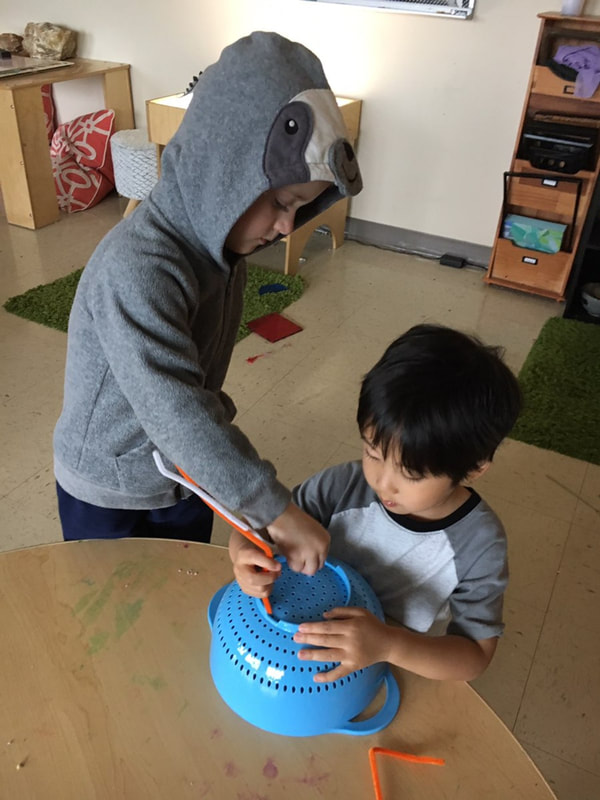|
Myth: In order for a parenting tip to "work" the child will be happy. Fact: When setting limits, its much more likely your child will cry, scream, and pitch a fit Its common for parents to seek parenting advice and support because their kids cry, kick, and scream when they don't get their way. News flash! That's normal. Setting limits with small children doesn't mean your kids are going to be happy every time you "parent" them. In fact, if you've got a live one, they'll likely be pissed. The purpose of parenting skills is to maintain your calm as a parent to increase the joy of parenting AND set limits without damaging the parent-child bond. The value of setting limits is three-fold! 1. Your child learns they're not the center of the universe If you'd like to avoid raising an entitled asshole, stop making them feel they're the only person with needs and wants and succoming to their every whim by sacrificing your own need. This is not doing them any favors and you're likely exhausted from neglecting self. The goal? BALANCE I do not play with my kids all day, but instead encourage independent play while I engage in things I enjoy like reading, working, cooking, and so on. I interact with them off and on with love and affection, but I don't neglect completing tasks or hobbies I enjoy or prioritize. Try phrases like, "It looks like youre having as much fun playing cars as I'm having fun reading this book" or "When I'm done cleaning the kitchen, I'd love to hear about your drawing". 2. Your child learns to say 'NO' When a parent always says 'yes', they rob their child of the power behind the word, 'no'. It's valuable to let a child know when you don't want to do something and there's no need for a lengthy explanation. This is a valuable learning opporyunity for them to put into practice later. I say 'no' to birthday parties I don't want to attend and I may say something like, "I wanted to go to the museum with you Saturday so we're going to say 'no' to Michael's party" or "I was in the mood for spaghetti tonight so I'm not going to make tacos like I had on the calendar". Saying 'no' is a skill many adults lack because it was never modeled for them as children. They grow up to be adults who say 'yes' to everything, even at their own expense and sacrificing wellbeing. 3. Children crave boundaries
From the tight quarters provided in the womb, to playing in forts, closets, or under tables as a toddler...kids crave boundaries. They look to you as the adult to provide structure! When they act out, they're begging for you to tell them where the limits are. They want to know expected protocol and what behaviors are appropriate in different circumstances. A child running and screaming through a restaurant isn't a "bad" kid or misbehaved, they're asking "Is this ok?" When they hit or bite another child, they're asking, "What's the best way to share the feeling I'm having?" It's not conscious thought, but rather subconscious needs from tiny humans hoping you can show them the way. It doesn't mean they'll like the options, but if you can provide answers and guidance with love while maintaining positive relaytionship and validating their feelings, THAT is success!
0 Comments
Leave a Reply. |
Chelsea VailParenting expert, blogger, inventor, single mom to twins, barefoot nomad, adventure seeker, boho spirit, advocate of play Archives
March 2022
Categories |

 RSS Feed
RSS Feed